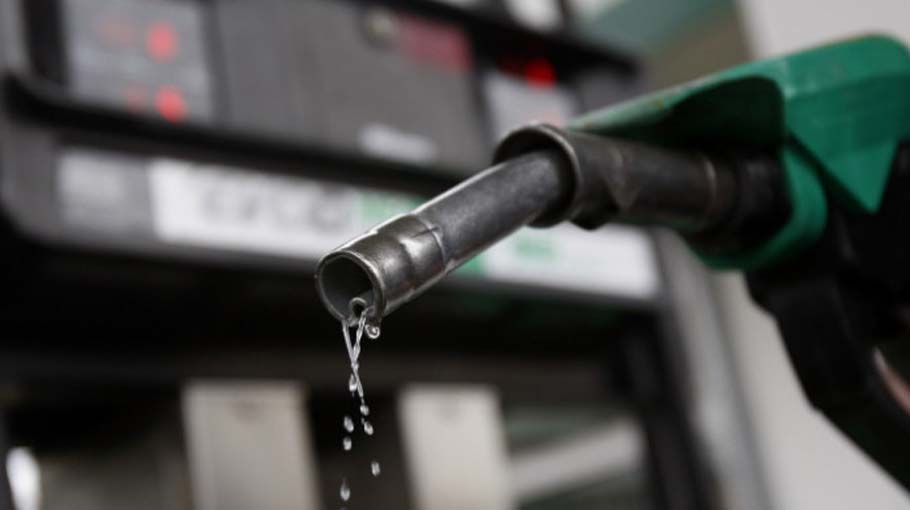Octane, petrol prices cut by Tk 6

The interim government on Saturday readjusted the prices of fuel oil in line with the prices in the international market.
As per the decision, the price of octane and petrol was reduced by Tk 6 per litre while the price of diesel was reduced by Tk 1.25 per litre. The new price for octane will be Tk 125 per litre, a litre of petrol Tk 121 and diesel Tk 105.25 from early Sunday.
Energy, Road Transport, and Railways Adviser Muhammad Fouzul Kabir Khan made the decision public while visiting the Rupsha 800MW Combined Cycle Power Plant in Khulna's Khalishpur on Saturday.
The Ministry of Power, Energy and Mineral Resources issued a gazette notification in this regard.
This adjustment reflects the government's strategy to align fuel prices with international market trends.
Earlier, the Bangladesh Petroleum Corporation (BPC) announced that fuel prices would be readjusted in September.
According to the BPC officials, this move is part of a broader effort to manage inflation by limiting BPC's profits, which may lead to further price reduction in the months ahead.
Ministry officials said that the reduction in fuel prices aligns with the government’s commitment to maintaining consumer affordability amidst fluctuating global energy markets.
In a related development, the government has also repealed the provision for automatic price increases of fuel, gas, and electricity through an executive order. This amendment, enacted via the Bangladesh Energy Regulatory Commission (Amendment) Ordinance, 2022, removes Section 34(a) of the Bangladesh Energy Regulatory Commission Act, 2003. The government was previously authorised to modify tariffs under this section without first consulting the general public. The new ordinance ensures more openness and consumer input by requiring public hearings before any future price adjustments.
According to experts, the impact of the slight reduction in diesel prices will not be much on public transport, goods transportation, agriculture, and irrigation. However, the price of petrol and octane will affect the market to some extent.
Earlier this year, guidelines were published on February 29, determining the formula for automatic pricing of fuel oil. It is said that octane and petrol used in the country are mostly used in private vehicles. So in terms of reality, octane and petrol are always priced higher as luxury items than diesel.
According to BPC sources, currently the annual demand for fuel oil is about 75 lakh metric tonnes. About 75 percent of the demand for diesel is used. The remaining 25 percent of the demand is met by petrol, octane, kerosene, jet fuel, furnace oil, and other fuel oils.
Experts say this legislative change comes after widespread discontent over previous price hikes, underscoring the government’s response to public concerns and its commitment to a more balanced approach to energy pricing.




